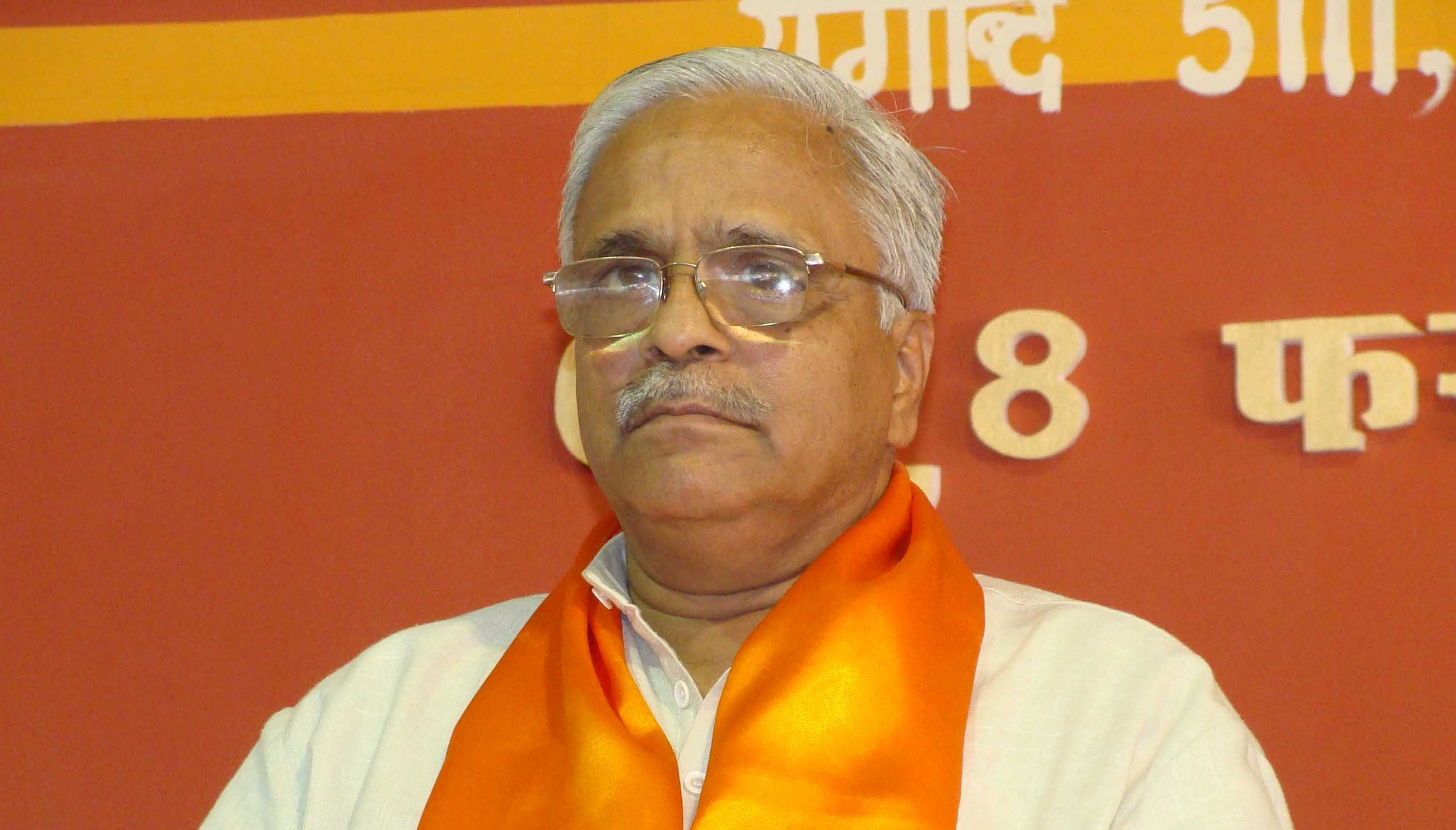RSS is right on quotas
Ravi Shanker Kapoor | March 14, 2016 6:56 pm

Reservations in India have become a subject that is beyond the province of public discourse. Anybody seeking a debate or rethink is dismissed as anti-Dalit, anti-poor, elitist, etc. In such a milieu, it is indeed courageous of the Rashtriya Swayamsevak Sangh (RSS) to question the manner in which the quota policy is being extended.
“When prosperous groups ask for reservation, then it seems the line of thought is not correct. Those who are prosperous should actually help weaker sections of society. When instead of this they ask for reservation for themselves, I think it is a lack of thought about the values Dr. B.R. Ambedkar espoused,” RSS general secretary Suresh (Bhaiyyaji) Joshi recently said.
Quite expectedly, the statement made news and elicited comments from various political parties. The leaders who thrive on the politics of victimhood cried loud. Ram Gopal Yadav of the Samajwadi Party saw a conspiracy in what he said was an attempt to discard the reservation system.
Bahujan Samaj Party chief Mayawati the criteria for reservations have been clearly defined in the Constitution. She denounced the RSS for its views on quotas.
This is the most striking feature of the issue: any rethink on reservations is greeted with a deluge of condemnation. And this has been happening since the early 1990s. This is evil legacy of V.P. Singh, one of the most unscrupulous politicians this country has ever seen; as prime minister, he reveled in dividing the country on caste lines. He unleashed the Mandal monster on the nation. Most Left-leaning and Hindu-hating intellectuals loved Singh, for he had dusted out an evil, anti-Hindu document—the Mandal Commission report—and announced the implementation of its recommendations.
It was because of the sustained denigrate-Hinduism project that the Mandalite ideology found legitimacy and wide acceptance. The Mandal report is full of anecdotes, quotes, and references telling how unjust, rigid, and iniquitous Hindu society has been since time immemorial. It is a queer mixture of the true and the untrue, fact and fiction, history and mythology; the result is a perverted logic and regressive recommendations. A few gems from the report: “if religion was ever used as an opium of the masses, it was done in India”; “(shudra’s) social labor was the life-blood of India’s great civilization”; “the role of caste status was so pervasive in society that the idea and administration of justice were colored by it.”
The Mandal controversy also made the use of an odious technique, argumentum ad hominem (attacking the arguer rather than his argument), widespread. Before Mandal, there were often debates and discussions on reservations. For instance, Jawaharlal Nehru, in his letter to chief ministers, wrote on June 27, 1961, “If we go in for reservation on communal and caste basis, we swamp the bright and able people and remain second-rate or third-rate. I am grieved to learn how far this business of reservations has gone based on communal considerations. It has amazed me to learn that even promotions are based sometimes on communal or caste considerations. This way lies not only folly but disaster. Let us help the backward groups by all means, but never at the cost of efficiency. How are we going to build the public sector or indeed any sector with second-rate people?”
Is it possible for any politician—or, for that matter, any public intellectual—to express such views without attracting opprobrium, vituperation, and even physical assault? Today, even a rethink on, let alone criticism of, caste-oriented quotas is practically unthinkable. This was evident from the manner in which the Narendra Modi government has distanced itself from the RSS viewpoint. So, Leader of the House in the Rajya Sabha and Finance Minister Arun Jaitley said in response to the angry statements made by SP and BSP members: “It is the stated policy of the government that present arrangement of reservation will be maintained.”
The RSS, Jaitley pointed out, “has also not talked” of scrapping or changing the present reservation policy.
In short, the political class seems unanimous in on persisting with the reservation policy as it is. Such is the tyranny of argumentum ad hominem.






























